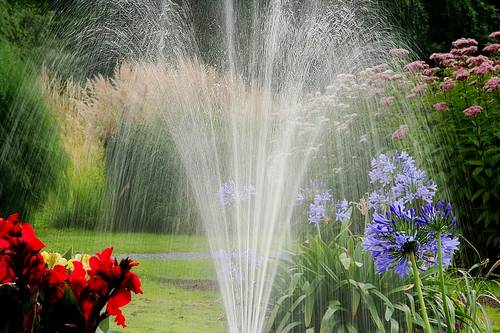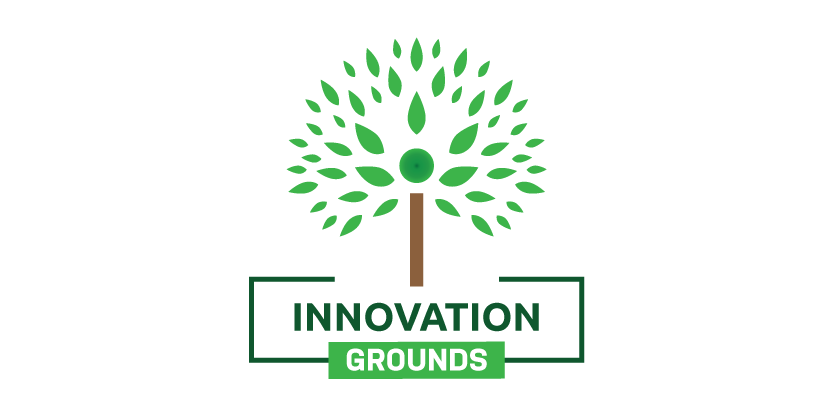Smart Sprinkler Systems: Are They Worth It in 2025?
By Innovation Grounds
In 2025, the smart home revolution continues to expand beyond thermostats and security cameras. One area seeing significant growth is smart irrigation, specifically smart sprinkler systems. As climate change intensifies and water conservation becomes more urgent, these systems are gaining popularity for homeowners looking to maintain lush lawns while minimizing waste.
But are smart sprinkler systems really worth the investment in 2025? Let’s break down the benefits, drawbacks, and real-world value of these high-tech gardening tools.
What Is a Smart Sprinkler System?
A smart sprinkler system is an automated irrigation system that connects to Wi-Fi and uses real-time weather data, soil moisture sensors, and AI algorithms to optimize watering schedules. These systems allow homeowners to manage watering remotely via smartphone apps and integrate with smart home platforms like Amazon Alexa, Google Home, or Apple HomeKit.
Unlike traditional systems, which water on fixed schedules regardless of weather conditions, smart sprinklers make real-time decisions—such as skipping watering on rainy days or adjusting for seasonal changes.
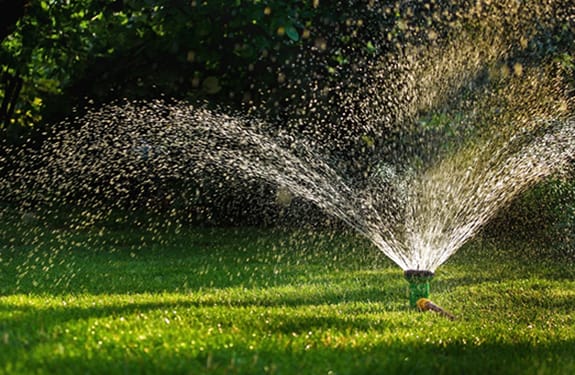
Top Benefits of Smart Sprinkler Systems in 2025
1. Water Conservation
In 2025, water efficiency is more than just a green lifestyle choice—it’s often a necessity. Droughts and water restrictions are common in many regions. Smart sprinkler systems can reduce water use by up to 50% compared to manual or timer-based systems. By analyzing local weather forecasts and soil conditions, they ensure your lawn gets just the right amount of water.
2. Cost Savings
Although the upfront cost of a smart sprinkler system can range from $150 to $500 (not including installation), the long-term savings on water bills can be substantial. Many users report a return on investment within the first 1–2 years. Some local utilities even offer rebates for installing water-saving irrigation technologies.
3. Convenience and Control
Managing your lawn has never been easier. With app-based control, homeowners can monitor and adjust watering schedules from anywhere. Whether you’re on vacation or stuck in traffic, your lawn’s needs are covered.
4. Smarter Landscaping
These systems also prevent overwatering, which can lead to root rot, fungus, and weed growth. Healthier grass and plants mean fewer replacement costs and less maintenance. You’re not just saving water—you’re protecting your landscape investment.
5. Integration with Smart Homes
In 2025, smart homes are the norm, not the exception. A smart irrigation system integrates easily with your home’s automation routines. You can set your sprinklers to turn off when your weather station predicts rain or sync them with your soil sensors for real-time adjustments.
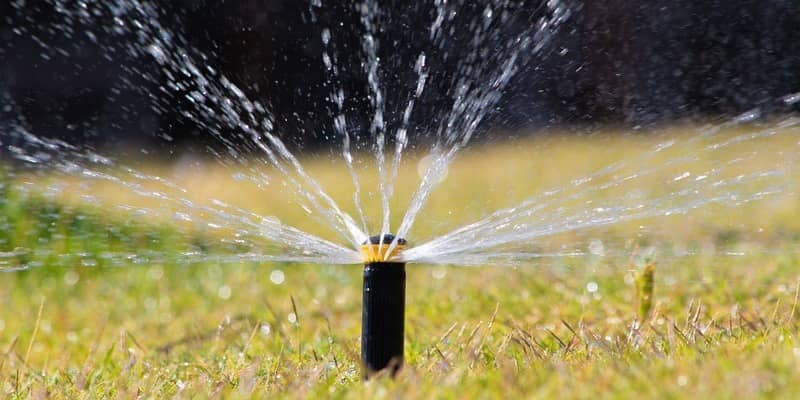
Are There Any Downsides?
While the benefits are impressive, smart sprinkler systems aren’t for everyone. Here are a few considerations:
Upfront Costs: The initial price—including installation, sensors, and possible rewiring—can be a hurdle for some homeowners.
Wi-Fi Dependence: These systems need a reliable internet connection. In areas with unstable networks, performance may suffer.
Learning Curve: Though user-friendly, the apps and features may take time to learn for non-tech-savvy users.
Still, for most homeowners with medium to large yards, the long-term value usually outweighs the drawbacks.
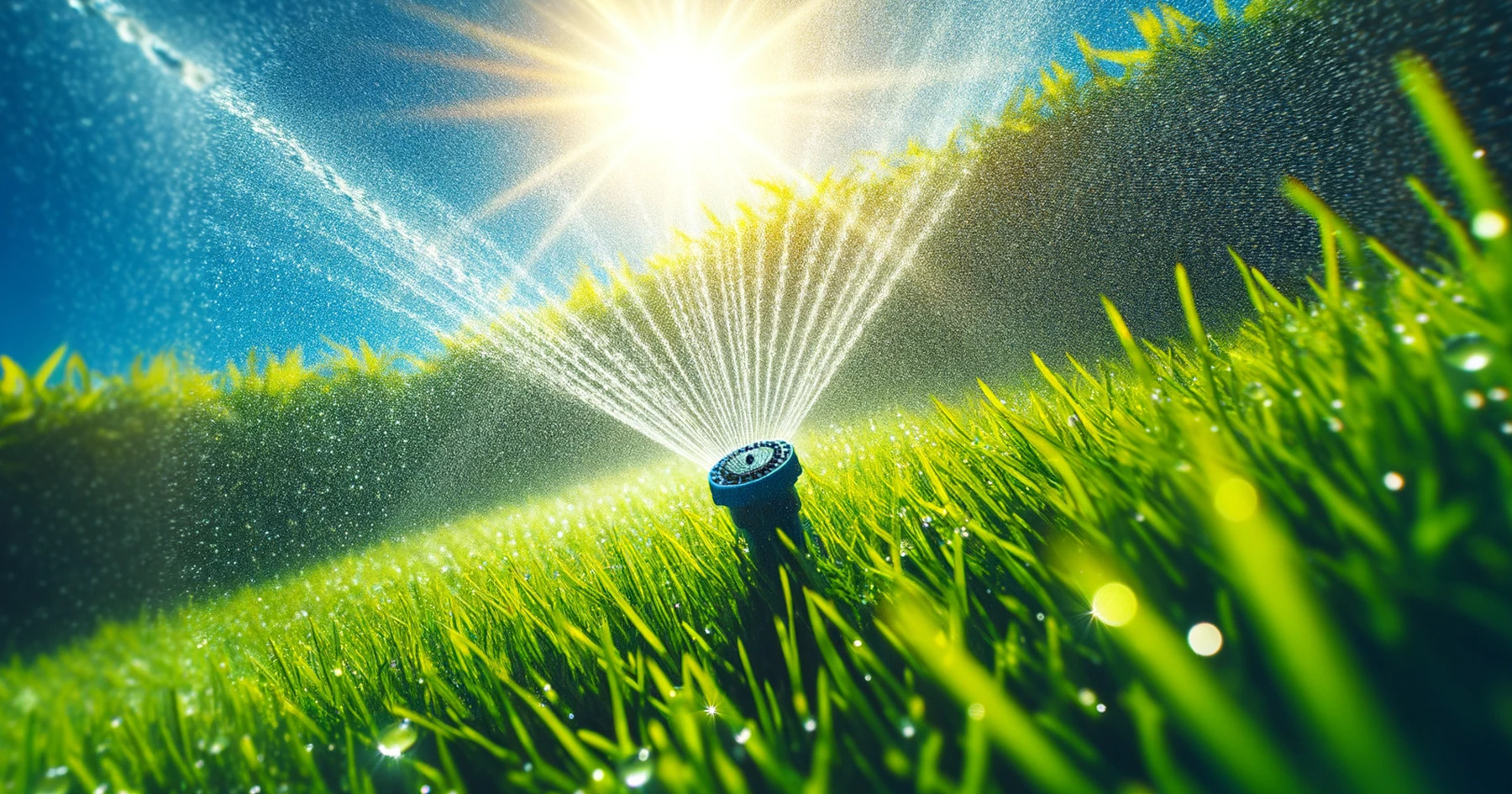
2025 Trends in Smart Irrigation Technology
In 2025, the best smart sprinkler systems have become even more advanced. Features like AI-based seasonal forecasting, integration with solar-powered soil sensors, and predictive leak detection are now standard in top-tier models. Popular brands like Rachio, Orbit B-hyve, and RainMachine have released models that are easier to install and maintain, making the technology more accessible than ever.
Furthermore, sustainability has become a key selling point. Consumers are drawn to eco-friendly garden tech not only to save money but to reduce their carbon and water footprints.

So, Are Smart Sprinkler Systems Worth It in 2025?
If you’re looking to save water, reduce utility bills, and simplify lawn care, then yes—smart sprinkler systems are absolutely worth it in 2025. They combine convenience, environmental responsibility, and cost-effectiveness in one tidy package. And with smart home integration becoming more mainstream, the value of automated systems is only expected to rise.
For homeowners in drought-prone or highly regulated areas, installing a water-saving sprinkler system may not just be a smart decision—it could be a necessary one.
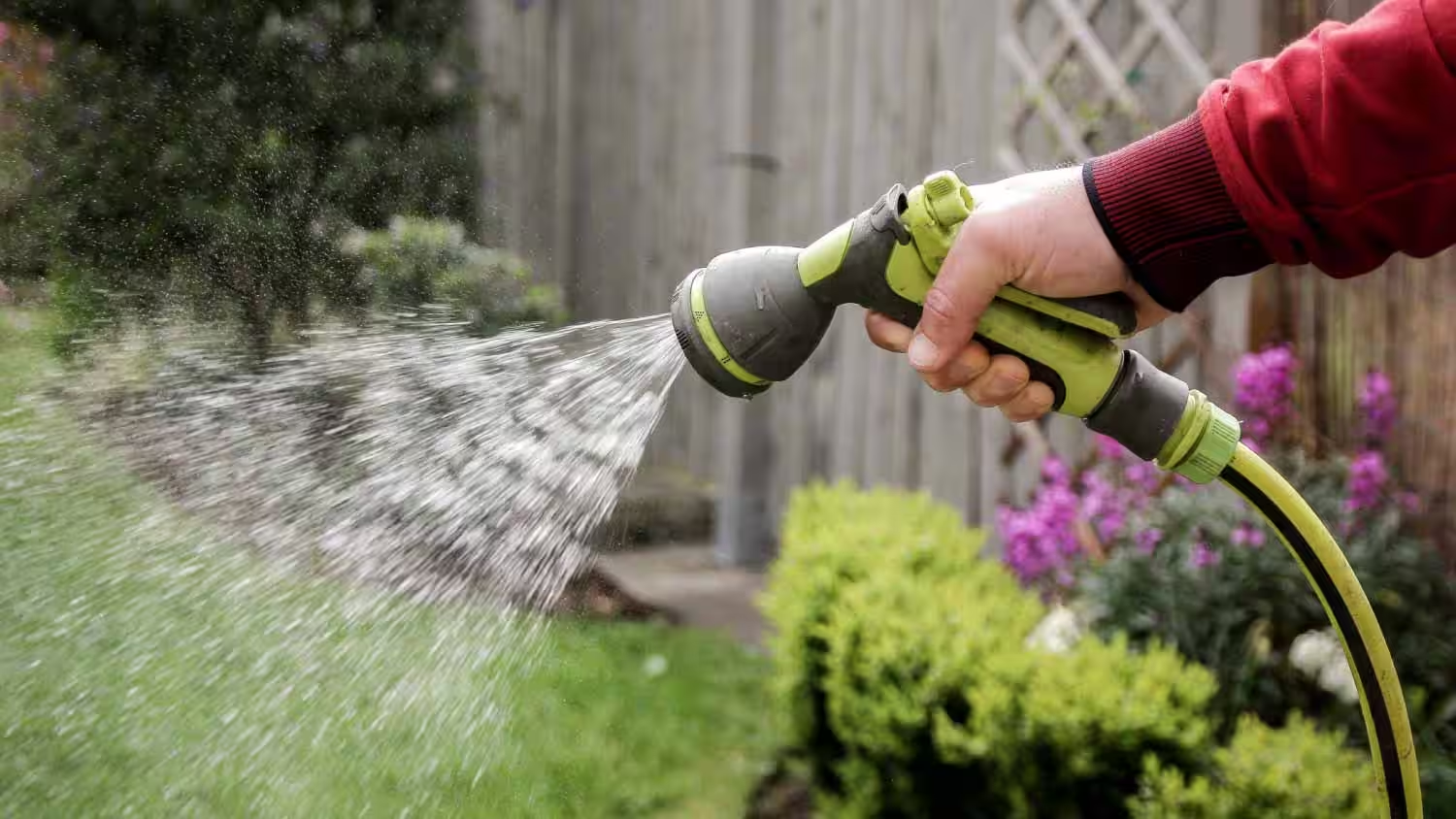
Final Thoughts
Smart sprinkler systems offer a practical, sustainable, and high-tech solution for today’s eco-conscious homeowners. While the initial investment may seem high, the long-term benefits in cost savings, convenience, and environmental impact make them a worthwhile upgrade in 2025.
If you’re considering smart home improvements this year, don’t overlook your outdoor space. Smart irrigation might be one of the smartest moves you make.
